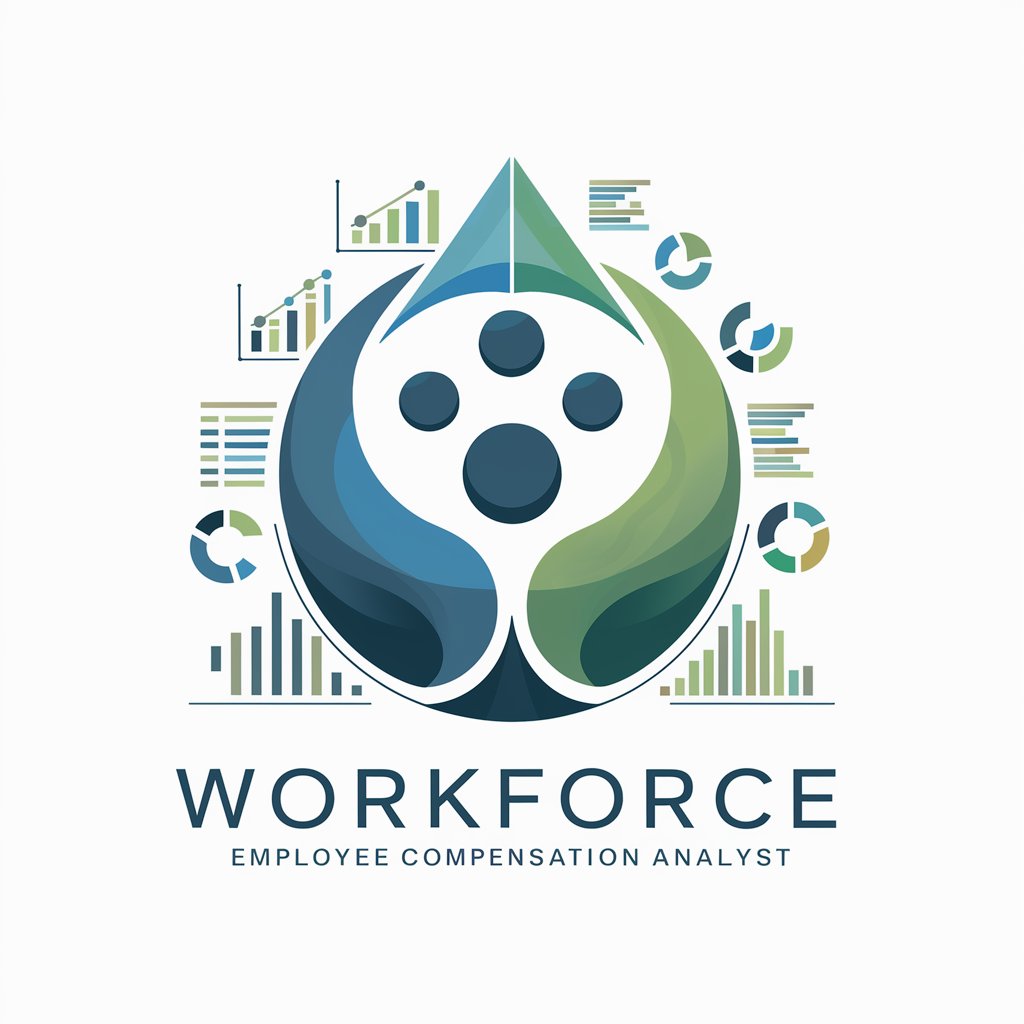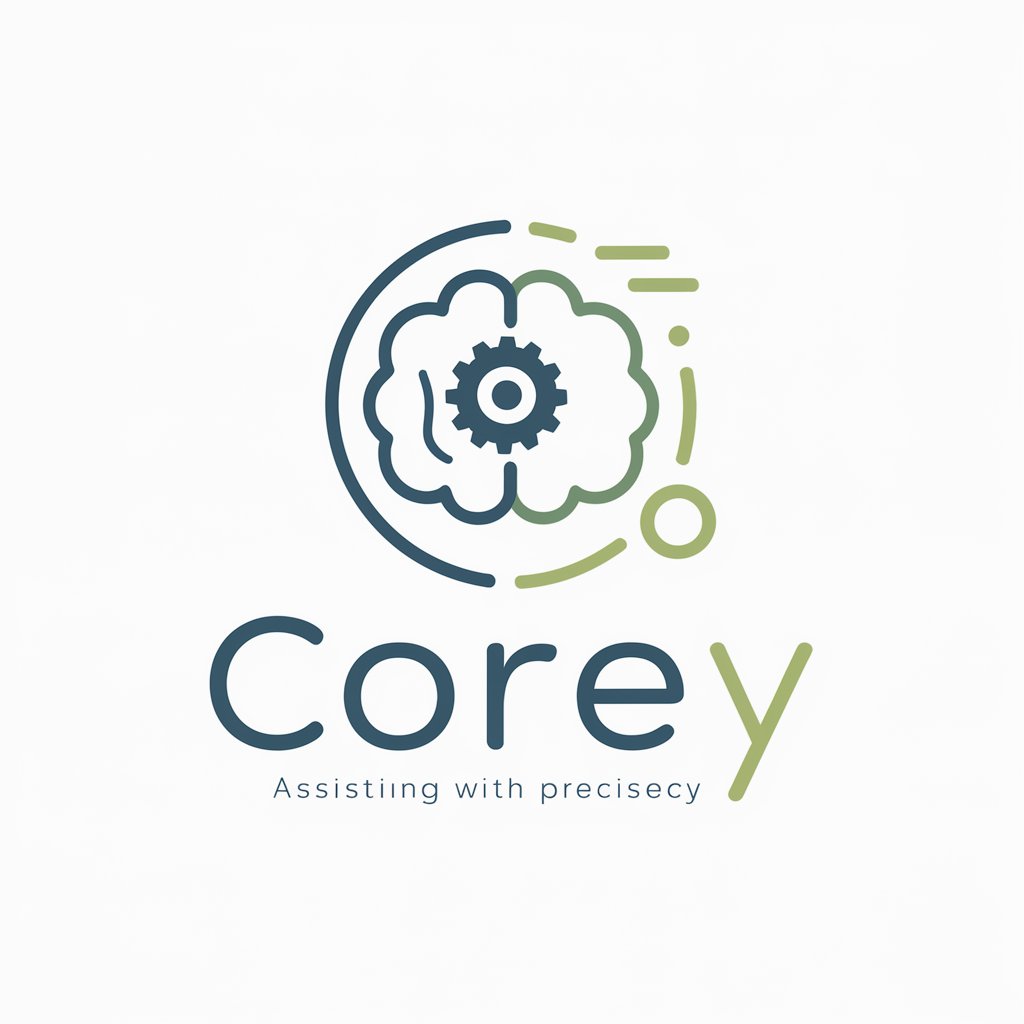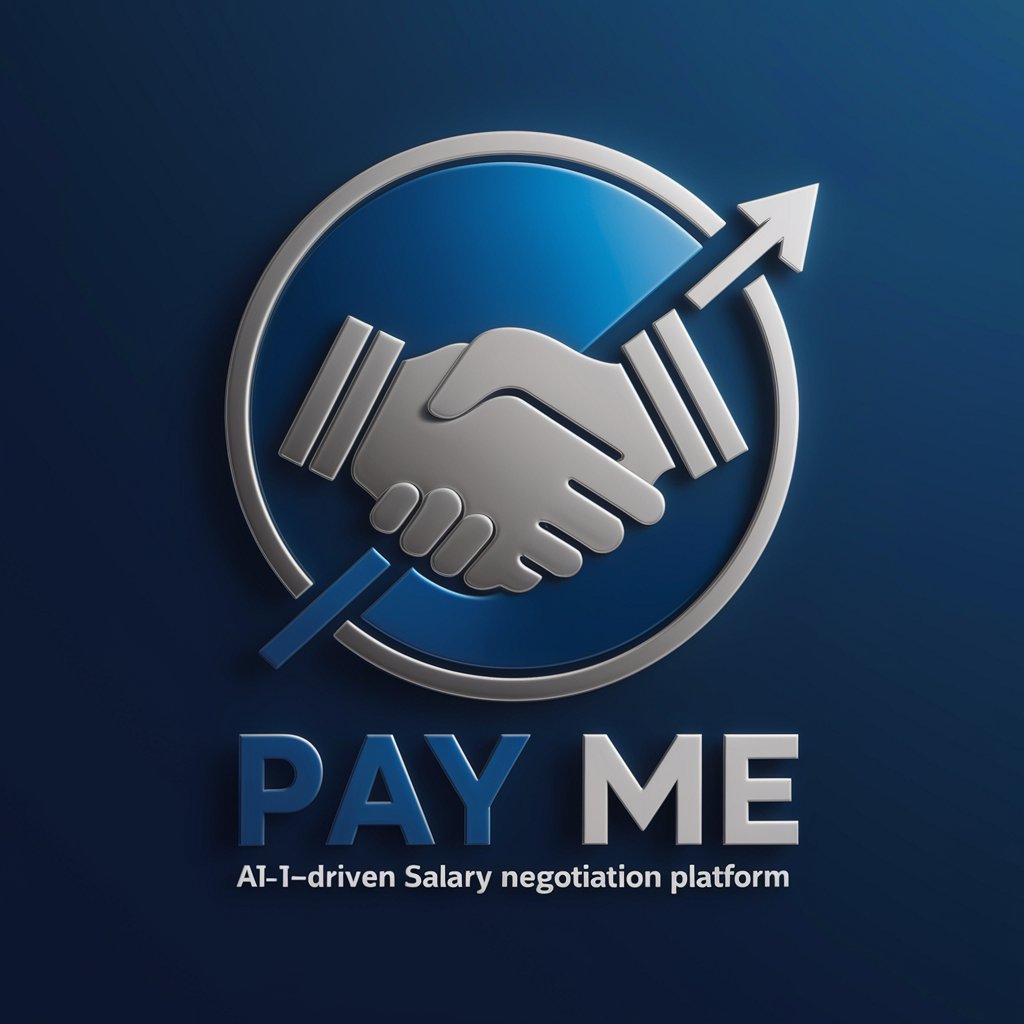15 GPTs for Compensation Analysis Powered by AI for Free of 2025
AI GPTs for Compensation Analysis are advanced generative pre-trained transformer models tailored specifically for handling various aspects of compensation and benefits management. These tools leverage the power of AI to analyze, predict, and offer insights on compensation trends, pay equity, and benefits distribution, providing businesses with data-driven solutions to manage their compensation strategies effectively. The relevance of these GPTs in the compensation analysis domain lies in their ability to process vast amounts of data, recognize patterns, and generate accurate, actionable reports, thus aiding in strategic decision-making and ensuring competitive and fair compensation practices.
Top 10 GPTs for Compensation Analysis are: Startup Equity,Salary Scout,💼📈 CompAnalytics Expert GPT,Salary Negotiation Coach,KnowYourDesignJob,📈 EquityComp Analyst Ace 🧮,Corey,Total Rewards Philosophy Creator,C&B Coach,Payrise Negotiator
Startup Equity
Navigating Startup Equity Made Simple

Salary Scout
Empowering Your Salary Decisions with AI

💼📈 CompAnalytics Expert GPT
Empowering Compensation Decisions with AI

Salary Negotiation Coach
Empowering your salary negotiations with AI

KnowYourDesignJob
Empower Your Design Career with AI Insights

📈 EquityComp Analyst Ace 🧮
AI-driven Equity Compensation Management

Corey
Demystifying Complex Analysis with AI

Total Rewards Philosophy Creator
Crafting Tailored Rewards Strategies with AI

C&B Coach
Empowering Compensation Strategies with AI

Payrise Negotiator
Empowering your salary talks with AI

CEO Salary Finder
Unveil CEO Compensation with AI Precision

LV 顧問
Empowering LifeVantage Success

HigHer Salary Coach
Empowering fair compensation through AI

Salary Strategist
Empower your negotiations with AI-driven insights

Personal Injury Law Guide
Navigate Injury Law with AI

Essential Attributes and Capabilities
AI GPTs for Compensation Analysis stand out for their adaptability, precision, and comprehensive analytical capabilities. These tools can handle tasks ranging from basic pay structure analysis to complex predictive modeling for future compensation trends. Key features include natural language processing for understanding and generating reports, technical support for data analysis, web searching for the latest compensation trends, image creation for visual data representation, and advanced data analytics for deep insights into compensation structures. Such versatility enables these tools to provide tailored solutions for various compensation-related challenges.
Intended Users of AI GPTs in Compensation Analysis
The primary users of AI GPTs for Compensation Analysis include HR professionals, compensation analysts, financial planners, and business strategists. These tools are designed to be user-friendly for those without extensive technical or coding skills, offering intuitive interfaces and guided analytics. Simultaneously, they provide robust customization options for users with programming expertise, allowing for the development of bespoke analysis models and integration into existing HR systems.
Try Our other AI GPTs tools for Free
Psychological Horror
Explore the cutting-edge intersection of AI and psychological horror with our specialized GPT tools, designed to elevate your content creation and analysis in the genre.
Interactive Horror
Explore the cutting-edge realm of AI GPTs for Interactive Horror, where advanced AI meets the art of horror storytelling. Perfect for creators and enthusiasts, these tools offer dynamic, personalized horror experiences.
Scheduled Investments
Discover how AI GPTs for Scheduled Investments revolutionize investment strategies with personalized, data-driven advice and automation.
Gift Accompaniment
Discover how AI GPTs for Gift Accompaniment can transform your gifting experience with personalized recommendations, custom messages, and creative design solutions.
Custom Creations
Discover the revolutionary power of AI GPTs for Custom Creations, offering personalized solutions for writing, design, coding, and more. Tailored to your needs, these tools redefine creativity and efficiency.
Puppy Generation
Discover the power of AI GPTs for Puppy Generation, your digital ally in tailored puppy care, training, and development solutions.
Further Observations on AI GPTs in Compensation Management
AI GPTs for Compensation Analysis redefine how organizations approach compensation management, providing a blend of accessibility for non-technical users and advanced customization for experts. Their adaptability across different sectors underscores their versatility, offering innovative solutions to traditional compensation challenges. With user-friendly interfaces and potential for system integration, these tools facilitate a proactive approach to compensation planning, equity, and strategic decision-making.
Frequently Asked Questions
What exactly are AI GPTs for Compensation Analysis?
AI GPTs for Compensation Analysis are specialized AI tools designed to analyze and provide insights on compensation data, including salaries, benefits, and equity, aiding in strategic compensation planning.
How do AI GPTs enhance compensation analysis?
They process vast datasets, apply predictive analytics, and generate comprehensive reports, offering precise compensation recommendations and trend analysis.
Can non-technical users operate these GPT tools effectively?
Yes, these tools are designed with intuitive interfaces that require no coding knowledge, making them accessible to HR professionals and business strategists.
Are there customization options available for technical users?
Yes, users with coding skills can customize analysis models and integrate the tools with existing HR and compensation systems for more tailored solutions.
How do these tools handle data privacy and security?
AI GPTs for Compensation Analysis are built with strict data privacy and security measures to protect sensitive compensation information and comply with regulatory standards.
Can these tools predict future compensation trends?
Yes, by analyzing historical data and current trends, they can provide predictive insights into future compensation strategies and market changes.
How do they support pay equity analysis?
These tools analyze compensation data across different demographics and roles to identify and address pay gaps, supporting fair compensation practices.
Are these tools integrated with other HR systems?
While standalone tools are highly effective, many offer integration options with existing HR systems for seamless data analysis and workflow enhancement.